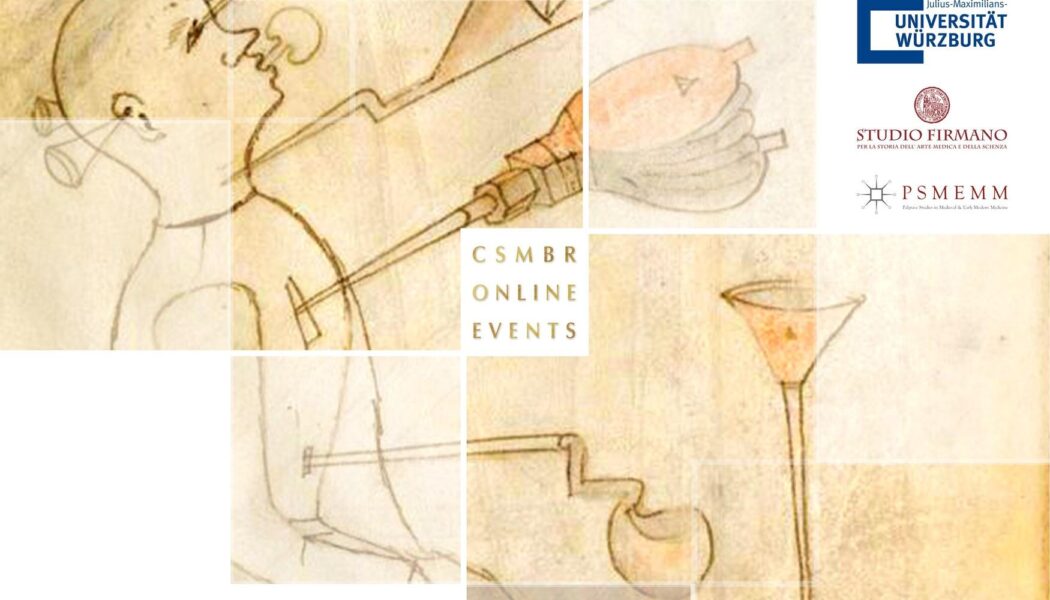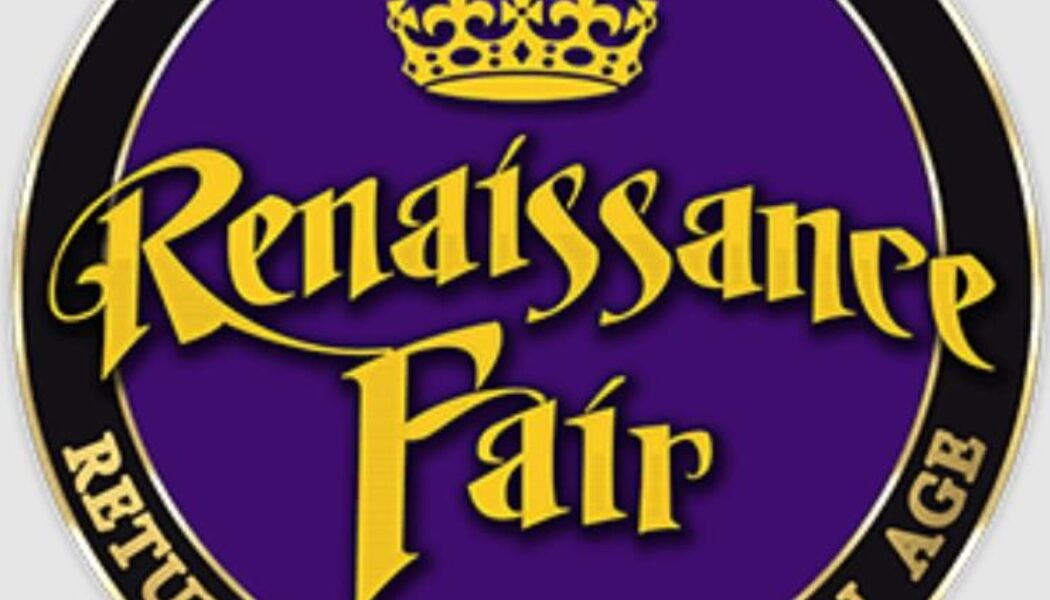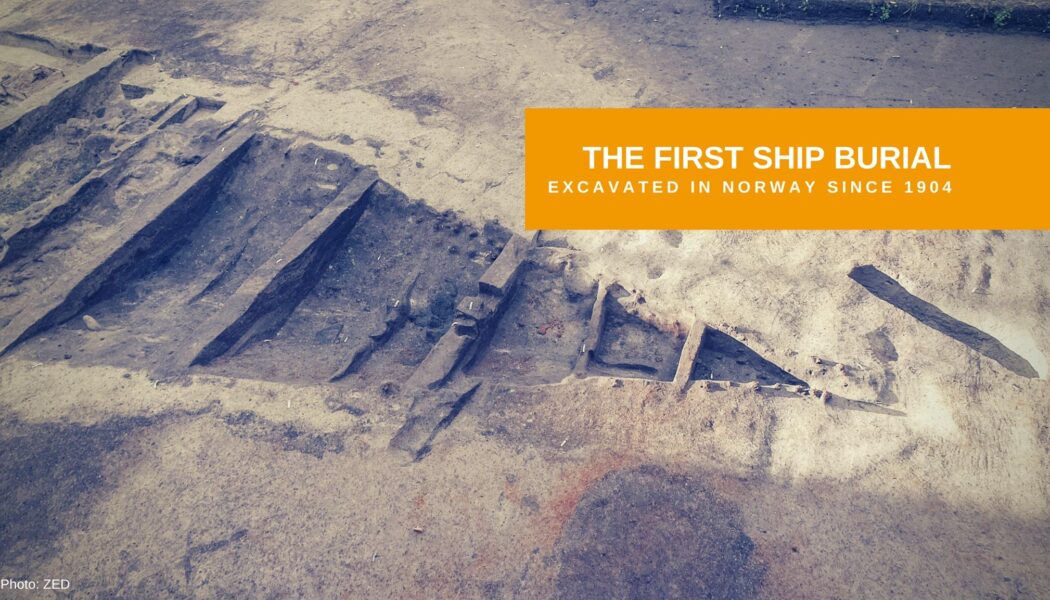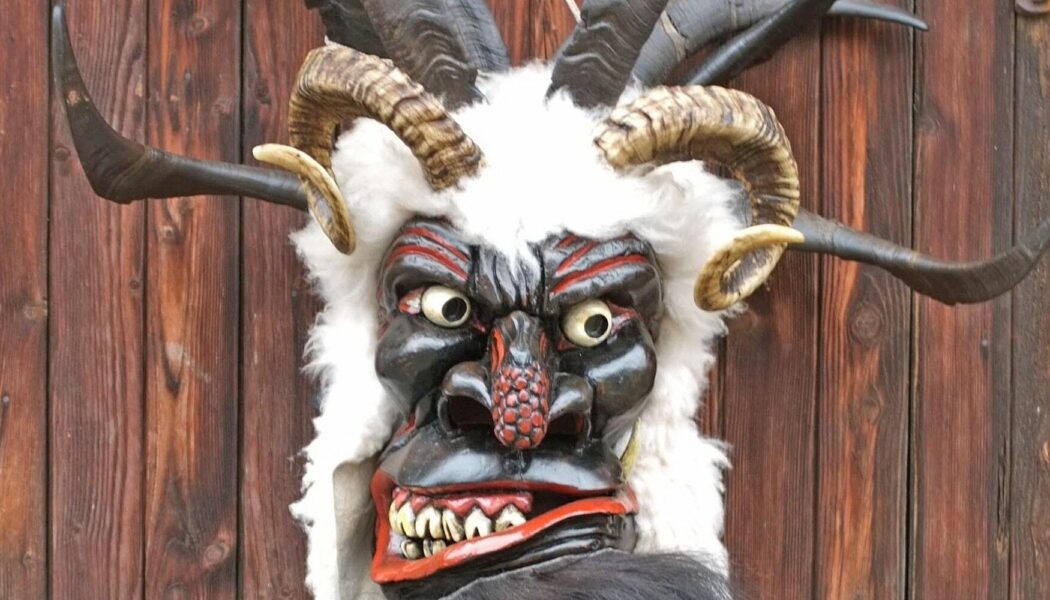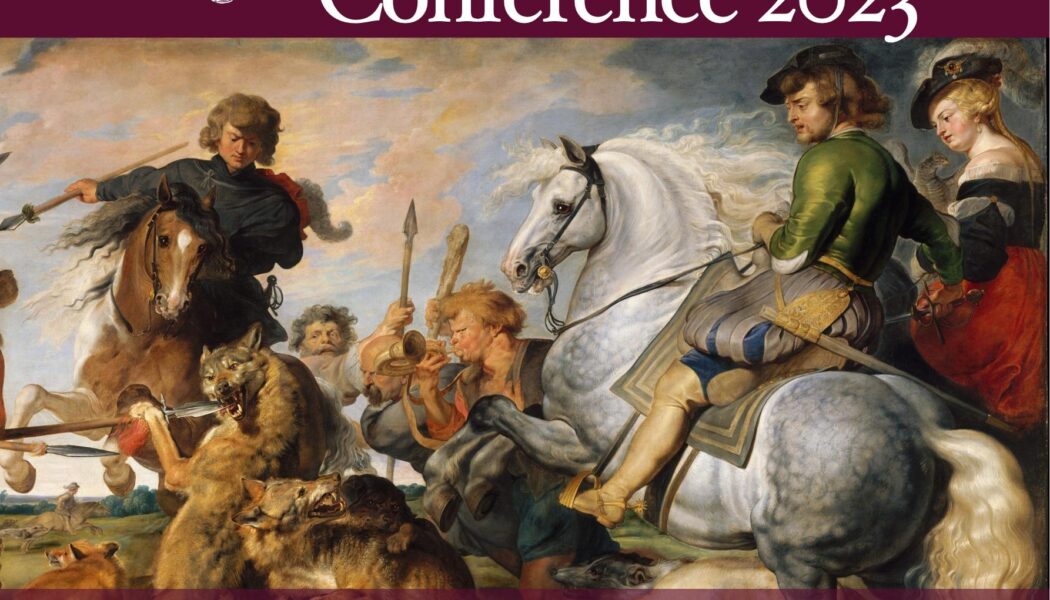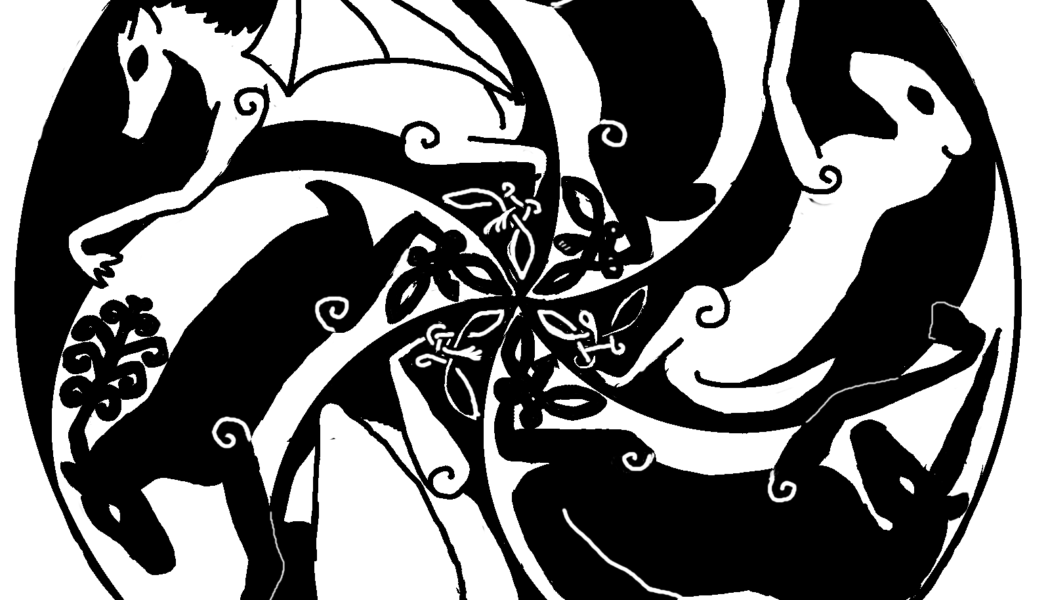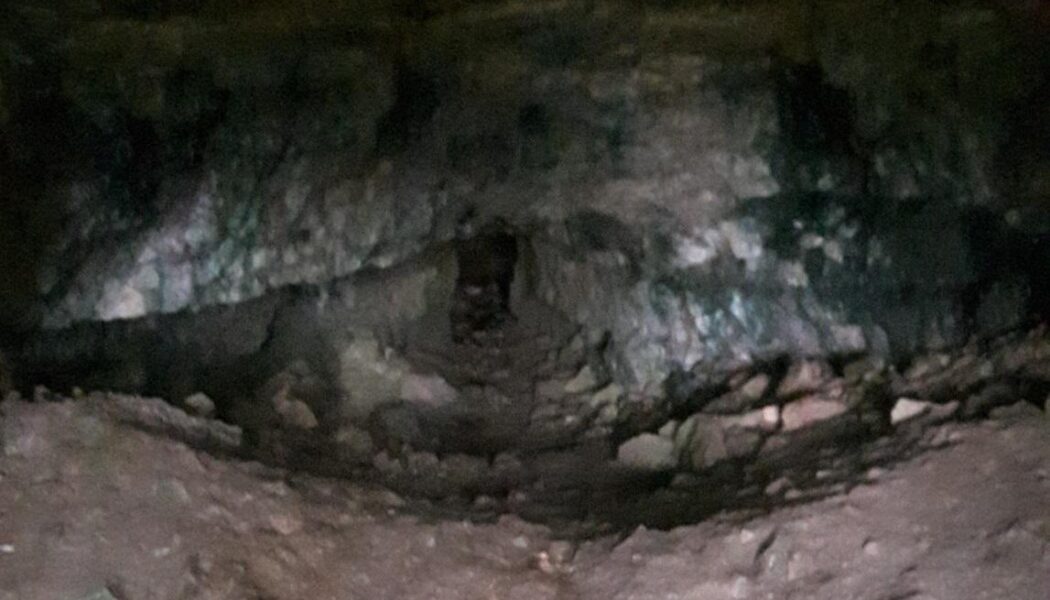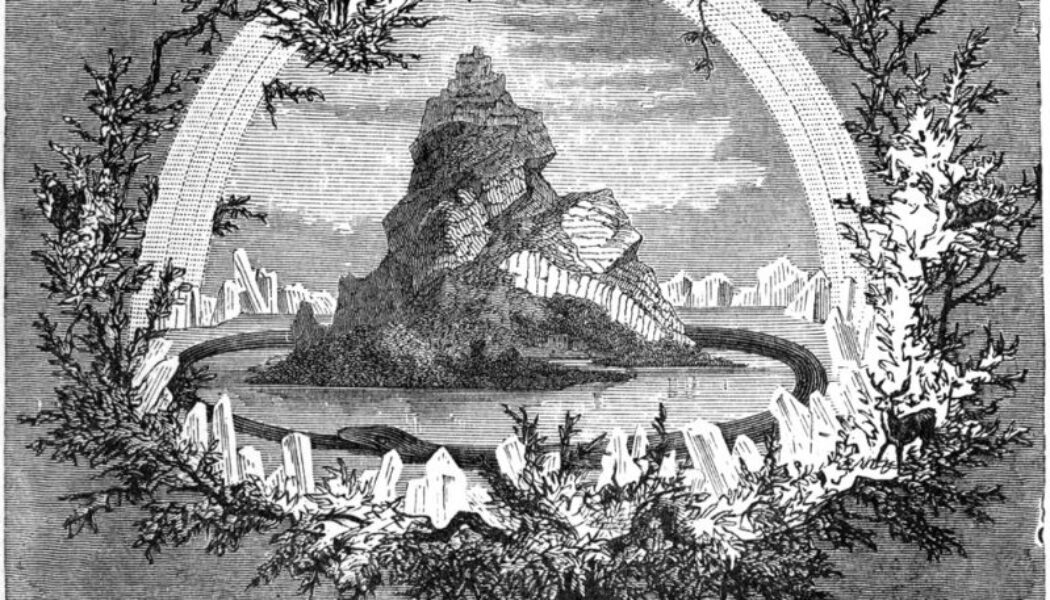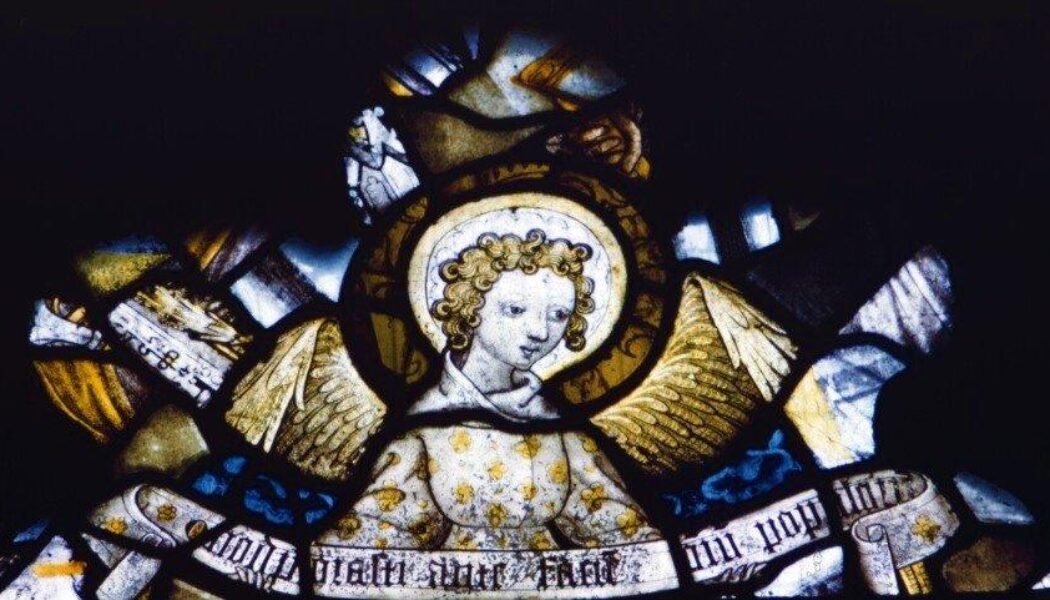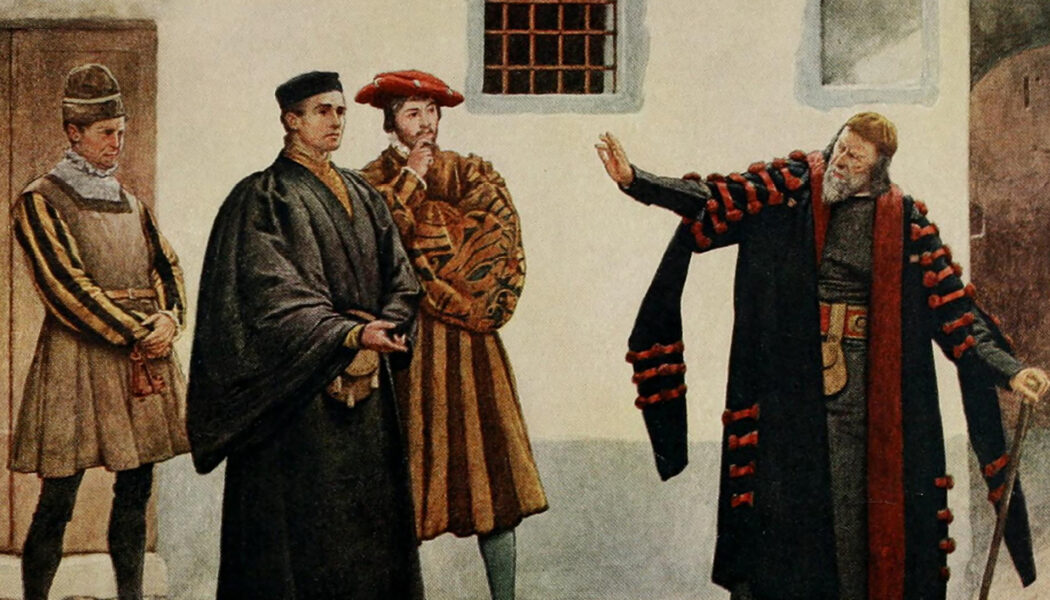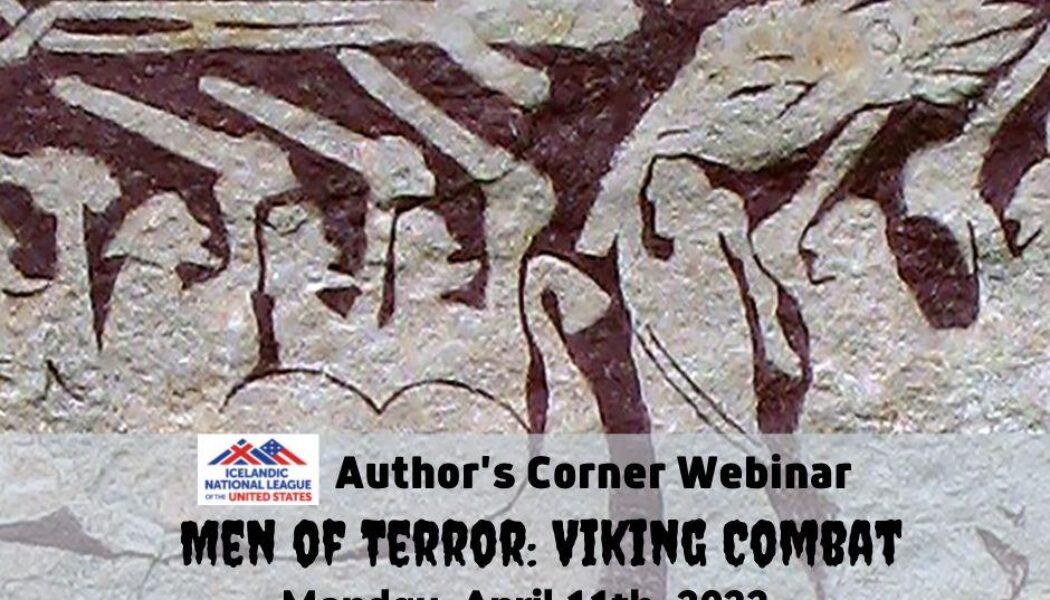online
DELAYING DEATH. The Role of Alchemy in Roger Bacon’s Medical Works
Examining the role and influences of alchemy on Roger Bacon's medical works
ÖGUF-Vortrag: Sue Heaser “The Experimental Archaeology of Roman and Early Medieval Beadmaking”
Der AK Experimentelle Archäologie der ÖGUF lädt zum Vortrag: Sue Heaser, Suffolk, United Kingdom - "The Experimental Archaeology of Roman and Early Medieval Beadmaking"
The 8th Brevard Renaissance Fair
Gather one and all for the 8th season of the Brevard Renaissance Fair in the Forest of Wickham Park in Melbourne, Florida.
The Gjellestad Ship Project – On-line
Follow the analyses, results, and interpretations of the Gjellestad excavation, the first ship burial to be excavated in Norway since 1904!
The Krampus & The Old, Dark Christmas with Al Ridenour – Zoom lecture.
Explore the authentic folklore, history and contemporary practices associated with the Krampus with Al Ridenour in this Zoom lecture.
SRS 10th Biennial Conference
The topic for the tenth SRS Biennial Conference is ‘Difficult Pasts‘; it will open in Liverpool on the evening of Wednesday 19 July 2023 with the SRS Annual Lecture (Dr Islam Issa), and close on Saturday 22 July 2023.
Celtic Students Conference 2023 at the University of Glasgow
A unique opportunity to showcase the Medieval Studies community at your institution, gain valuable professional development experience, and meet fellow medievalists!
Journeys to the Underworld 2022
Our online concerts return! We launch with 'Journeys to the Underworld', the first in our winter series of themed online concerts, combining storytelling, poetry, folklore and more.
An Evening in Asgard – The Home of the Norse Gods with Lena Heide-Brennand
This on-line event will be an evening of captivating tales about the main characters of Asgard and the creatures that existed alongside them.
Armchair Archaeology: Digging Digitally with Dr. Lorna Richardson
A talk on how to discover your local historic environment from the comfort of your own home with Dr. Lorna Richardson.
Jews and Jewishness in English Renaissance Literature and Culture
Weekly via Zoom, 16 Mar – 18 May 2022. This course, will tackle complex themes by reading and discussing canonical and lesser-known English Renaissance texts that feature Jewish characters and Jewish questions. Topics that range from medieval literary precedents to Elizabethan theater conventions will be examined, reading excerpts from Geoffrey Chaucer’s The Canterbury Tales, Christopher Marlowe’s The Jew of Malta, William Shakespeare’s The Merchant of Venice, and much more. This class is open to anyone interested in the topic.
Men of Terror: Viking Combat
About one thousand years ago, a man named Fraði died in Sweden. His kinsmen raised a granite runestone to his memory in Denmark. The inscription tells us that Fraði was the“first among all Vikings” and that he was a “terror of men.” What did Fraði do that caused him to be memorialized with this stone? What was this society that immortalized men like Fraði in a stone that has stood for one thousand years, people who were men of terror?

